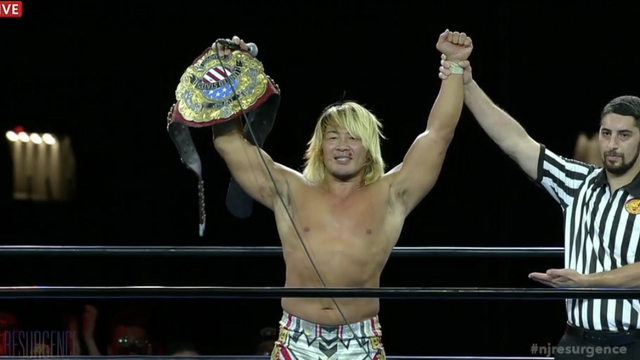Every week in her Good Form column, Natalie Weiner explores the ways in which the sports world’s structural inequalities and injustices illuminate those outside it — and the ways in which they’re inextricably connected. You can read previous columns here.
In this case, let’s start with the good news — it’s shorter than the bad, after all. We’re better equipped right now, sort of, to deal with this incoming wave of the COVID-19 pandemic than we have been in the past. More people are vaccinated, and hopefully, as a result, their odds of severe or fatal outcomes are lower.
But there is a wave coming — or more realistically, we’re already in it. Omicron, the latest variant to spark a global surge in coronavirus cases, has become ubiquitous in a matter of days. Anecdotally, a number of vaccinated friends suddenly have (thankfully so far mild) cases of the virus. In the sports world, the numbers are starting to look much like they did pre-vaccine. Games are being postponed in the NBA, NHL and Premier League as cases spike; the NFL is facing criticism from its players for not reacting quickly enough with over 100 players total on its reserve/COVID-19 list.
“Actually caring about player safety would mean delaying the game with this continuing at the rate it is,” Baker Mayfield, who is out for Sunday’s game after testing positive, tweeted yesterday. Mayfield’s teammate Jarvis Landry, also out after testing positive, tweeted, “Should not even be a question,” in response to a prompt about whether or not the Browns/Raiders game should be postponed.
Of course, Mayfield and Landry would prefer that a game in which their team is without many of its top players is postponed until they can all be on the field again. But — as ever — if these leagues weren’t primarily concerned with their bottom line, their decisions would likely be much different. The NFL, NBA and NHL are tightening protocols temporarily in response to this surge, but mostly in ways that impact the players’ day-to-day — not the fan experience, or crucially, revenue streams.
@NFL Make up your damn mind on protocols. Showing up and making only 3 teams test?!? All so you can keep the game as scheduled to make money.
— Baker Mayfield (@bakermayfield) December 16, 2021
As important is the fact that the NBA and NFL have both already considered altering quarantines for players who test positive but are asymptomatic, and in the NFL’s case, stopping testing for those players who have received their booster shots — a decision experts are almost unanimously against. Essentially, they are looking into loosening some protocols in a moment when a new variant with many unknown consequences is emerging, as more than 1,000 Americans still die every day from this virus.
Even scarier is the precedent those leagues could set for the college level, which has perpetually been something of a Wild West as far as COVID-19 protocols because there’s no credible governing body to create regulations. Games have already been postponed throughout college sports, where athletes have no one to advocate for their safety. It’s all the same stuff we’ve talked about in this column for the past two years, ramping up for another go around against an even-more-contagious foe.
There are fairly straightforward actions that could help in sports, and in life — ones you certainly don’t need to be a medical expert to credibly suggest. Suspending games temporarily now could prevent more headaches later. Leagues won’t do it, but if they had any degree of foresight they would consider erring on the side of caution. Likewise, fears of another full lockdown obscure the easy precautions that we are by now all accustomed to, all of which would be simple to reintegrate into our daily lives. Obviously, get vaccinated and boosted, but also avoid large crowds, wear masks indoors, wash your hands a lot, socialize outside etc. etc.
The people most at risk probably won’t do any of these things. I probably will, because I would much rather be too careful than the opposite. I feel comfortable recommending these precautions because, most importantly, much more knowledgeable people than I say they’re important to promote our well-being as a community. But also because trying to be safer is always right, just like telling people that they should stop testing for and caring about this virus when you are both in a position of influence and not a medical professional — the way that several feckless editorials have this week, of all weeks — is always wrong. There are still too many people dying, and too much we don’t know, to be so glib.
I don’t trust that college and professional sports leagues — and, more worryingly, our political leadership — have learned from their mistakes enough to abate the current wave, but I do wonder how many more times we’ll be in this exact same scenario before they do.


